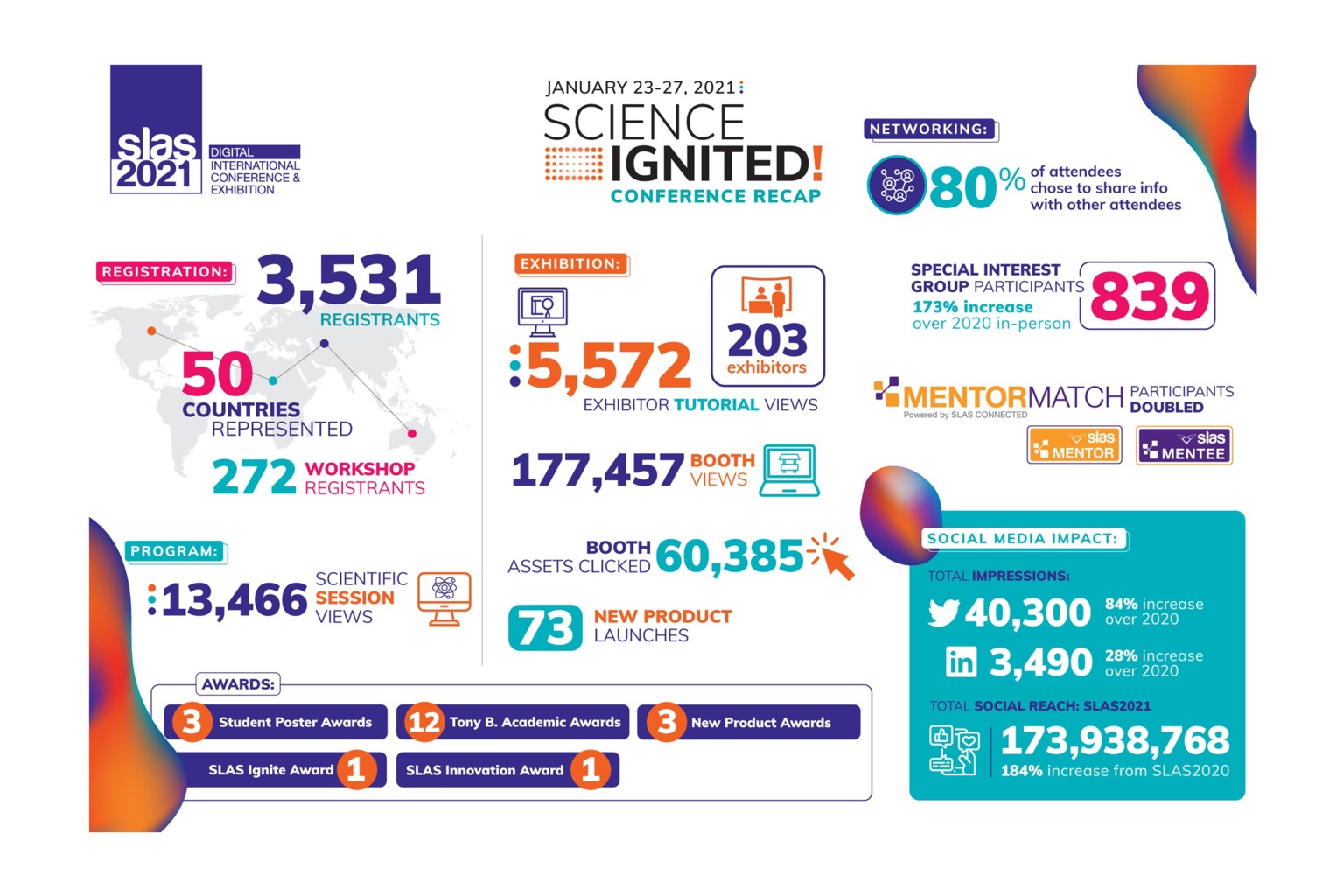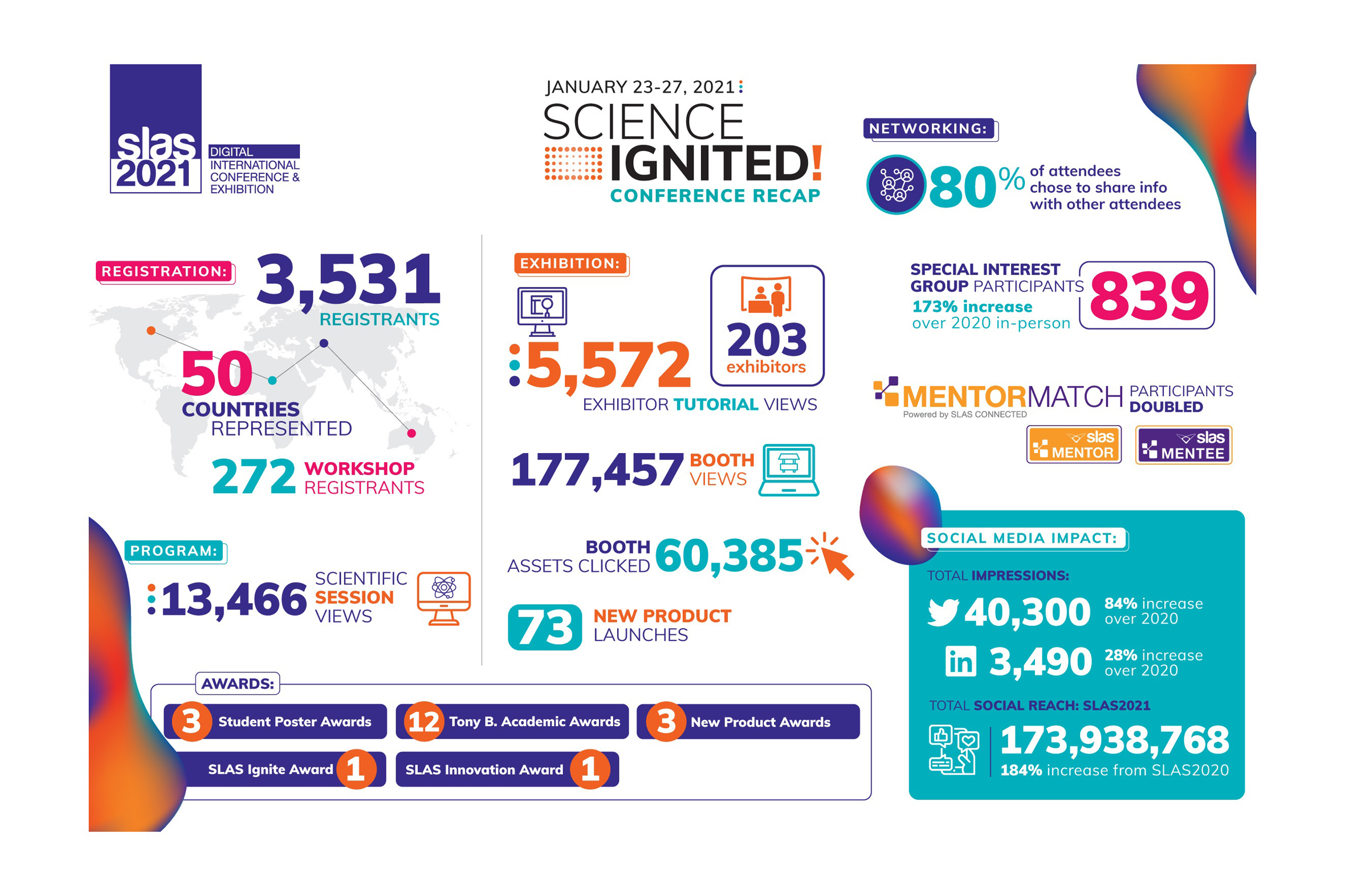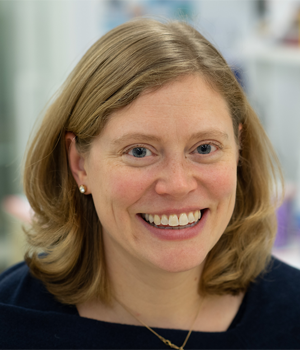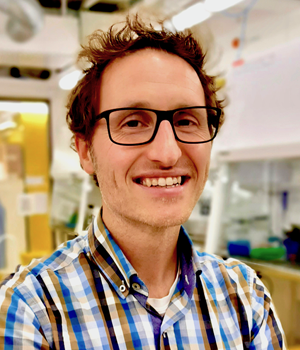January 25-27, 2021


January 25-27, 2021
Cell-based assays are a cornerstone of current drug discovery pipelines. This workshop focuses on the use of high-content screening in the context of drug discovery and drug re-purposing. Participants will learn about current applications of image-based assays and key considerations for assay development as well as model selection. Aspects of clinical testing and precision medicine using high-content imaging will also be highlighted.
Industry or academic scientists with some knowledge in cell-based assays or cell-based screening who want to get an introduction into the use of high-content imaging for drug discovery campaigns or drug re-purposing in primary material.
At the end of the workshop participants should have a good overview and understanding of how high-content imaging can aid drug discovery efforts allowing them to pinpoint potential benefits for their current and future research projects.
The main blocks of the course include:

Brinton Seashore-Ludlow, Ph.D.
Karolinska Institute/SciLifeLab
Brinton Seashore-Ludlow received her Ph.D. from KTH in 2012. Following her Ph.D. coursework, she did her postdoc in the lab of Stuart Schreiber at the Broad Institute of Harvard and MIT. Her work there focused on elucidating predictors of drug response in a large-scale cell line profiling dataset. Seashore-Ludlow then moved to the Chemical Biology Consortium Sweden at SciLifeLab. There she developed several high-throughput adaptations of the cellular thermal shift assay (CETSA). Currently Seashore-Ludlow is an assistant professor of the team headed by Olli Kallioniemi at SciLifeLab. Her work focuses on high-content imaging in primary cells.

Jordi Carreras Puigvert, Ph.D.
Uppsala University/SciLifeLab
Jordi Carreras-Puigvert defended his Ph.D. thesis which focused on the DNA damage response in mouse embryonic stem cells at Leiden University (Netherlands) in 2011. He then pursued two postdocs, one at the Leiden University Medical Center and a second one with a Marie Curie fellowship in the lab of Thomas Helleday (Karolinska Institutet) where he profiled the NUDIX family of human hydrolases. After that, Carreras-Puigvert joined the recently started lab of Oscar Fernandez-Capetillo, whereas Assistant Professor he co-established a drug discovery lab with focus on phenotypic screens. Currently Carreras-Puigvert is lecturer in the pharmb.io group led by Ola Spjuth. Carreras-Puigvert’s work focuses on the use of high-content imaging, automation and AI for drug discovery.